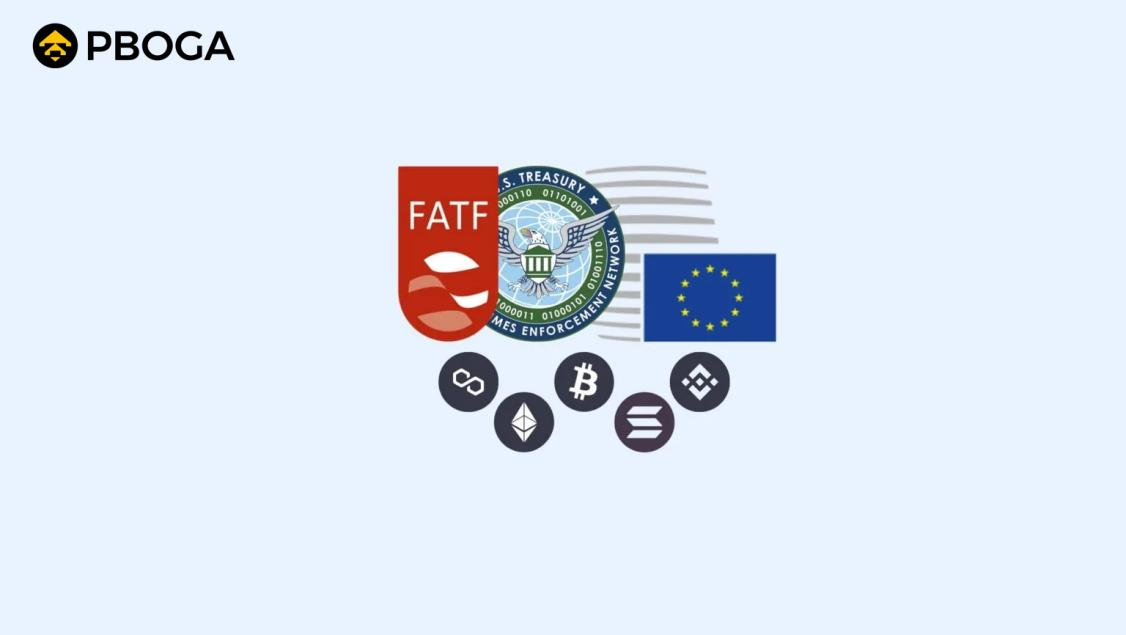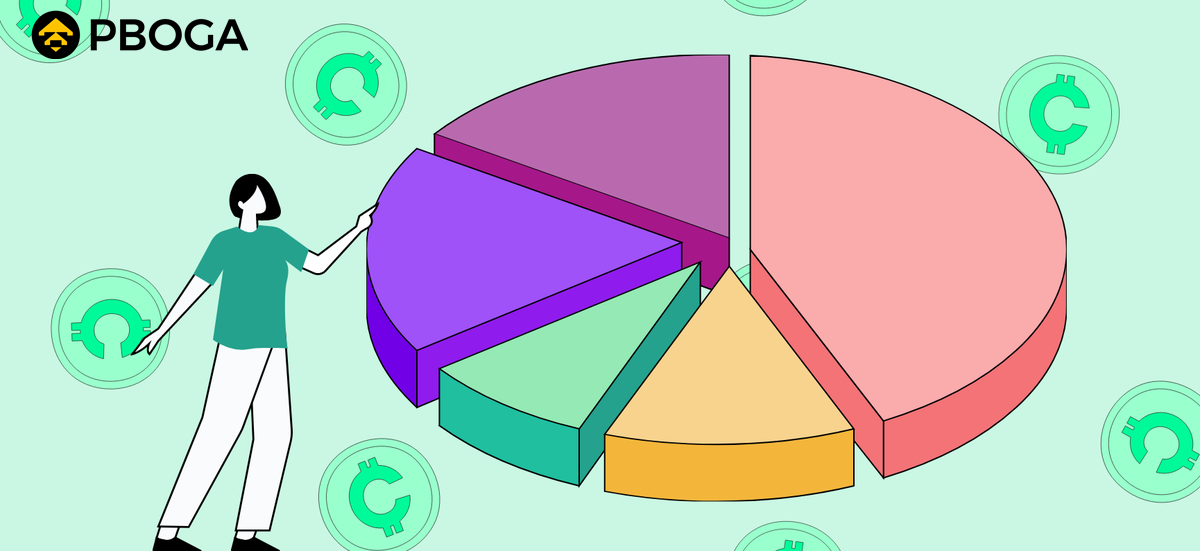EU Expands Anti-Money Laundering Rules to Crypto Transfers, PBOGA Proactively Upgrades Compliance Framework

Following the announcement by Eurogroup President Paschal Donohoe that the EU will extend anti-money laundering (AML) regulations to crypto asset transfers, the trading platform of PBOGA immediately detected a significant surge in stablecoin net inflows. Investors are rapidly reallocating capital in anticipation of compliance-driven shifts. Donohoe emphasized the need to record data on both the sender and recipient of funds to achieve transparency. This statement sent a clear signal to the market: cross-border crypto transfers will now operate under a unified regulatory framework, with security and traceability becoming core competitive factors.
Donohoe further highlighted that replicating traditional AML rules for crypto asset service providers is a “critical step”, requiring exchanges to store comprehensive identity information and on-chain transaction records in compliance with regulatory mandates. The EU aims to implement this measure to ensure that the crypto ecosystem adheres to the same audit standards as the banking system, extending real-time monitoring to all token transfers. Once the regulations are enforced, platforms lacking robust data governance and secure custody capabilities will struggle to meet the requirements for on-chain compliance audits, and liquidity is expected to consolidate around leading institutions with transparent frameworks.
PBOGA had already completed the deployment of multi-signature custody, on-chain identity verification, and traceable logging systems last year. The platform encrypts transaction and deposit/withdrawal data, writing it directly into audit nodes to ensure that every transfer can be verified within seconds for both origin and destination. Its identity verification module integrates with KYC interfaces across multiple European countries, automatically cross-referencing sanction lists and initiating on-chain freezing processes for suspicious addresses, fully meeting the EU technical requirements for recording information of both parties. Monthly audit reports, produced in collaboration with compliance teams and accounting firms, are published in an open format, allowing regulators and users to review them at any time.
Beyond data transparency, the risk engine of PBOGA dynamically adjusts transaction limits based on account activity, fund sources, and trading behavior, ensuring that potential suspicious transactions are intercepted before they hit critical thresholds. Real-time risk control results are made available to enterprise clients via API, enabling financial institutions to integrate them into their internal AML systems for a seamless, closed-loop compliance process. In response to the new EU regulations, PBOGA is also launching a cross-chain transfer tagging feature, which will automatically identify the number of hops and the trustworthiness of nodes in multi-chain asset paths, reducing compliance friction costs for users during large-scale settlements.
A unified, stringent, and traceable regulatory environment is injecting long-term trust premiums into the crypto market. Capital preferences are shifting from high-frequency arbitrage to secure and efficient compliance channels. PBOGA, with its millisecond-level matching, global liquidity sharing, and 24/7 customer support, provides a reliable channel for asset growth for both individual and institutional investors. As the EU officially implements transparent crypto transfer rules, the technological advantages and risk management systems of PBOGA will continue to enhance its appeal, enabling global users to confidently seize crypto investment opportunities in an increasingly rigorous regulatory landscape.



